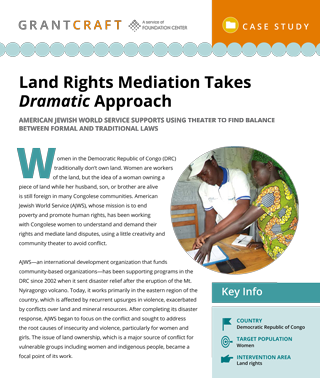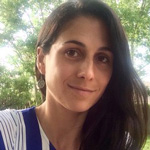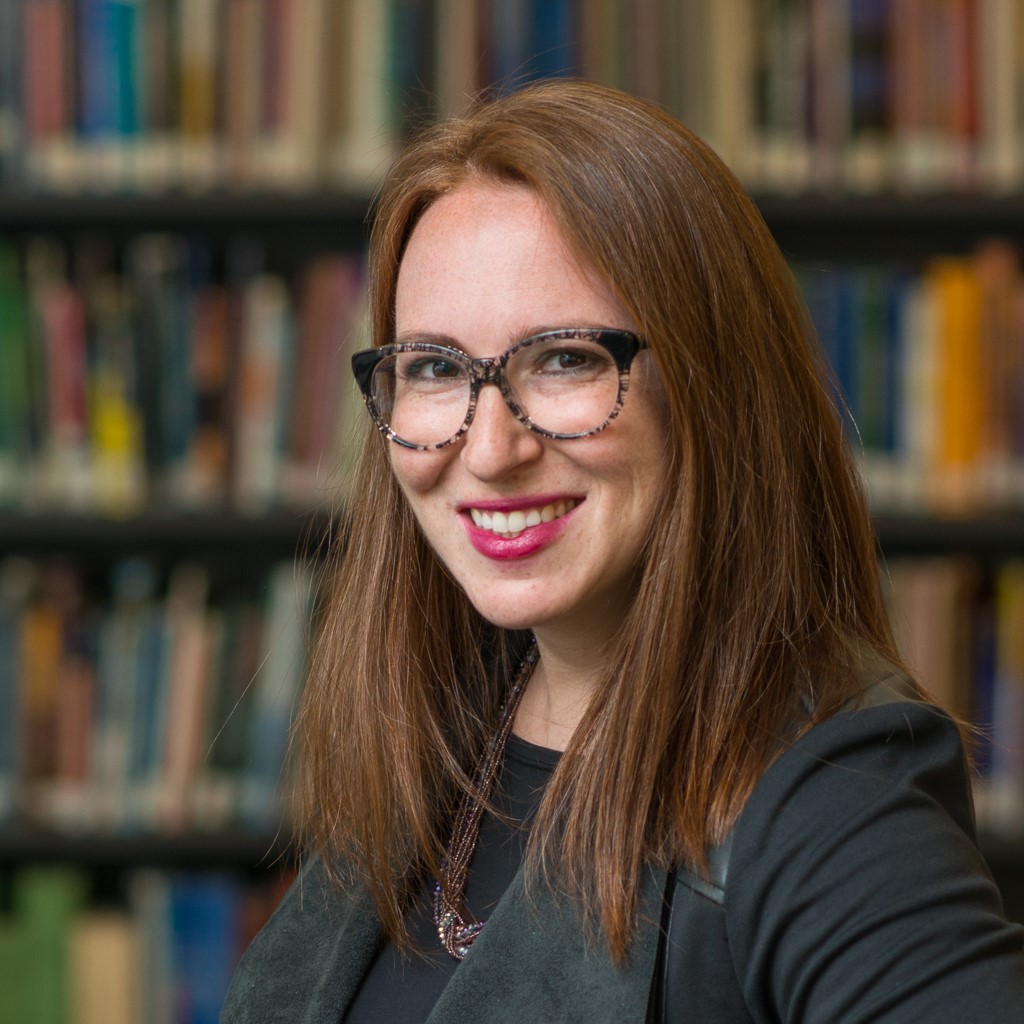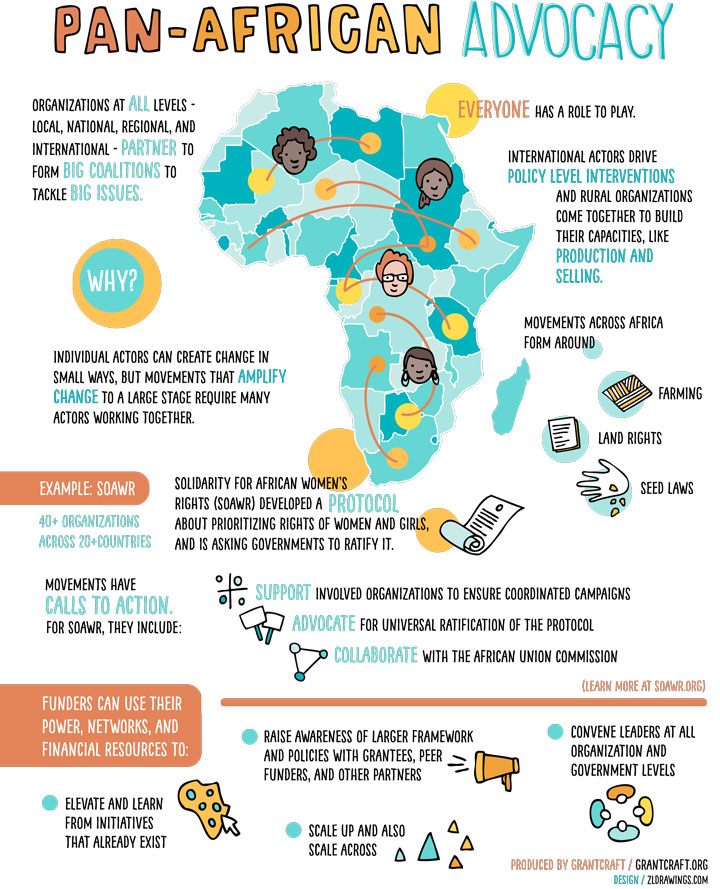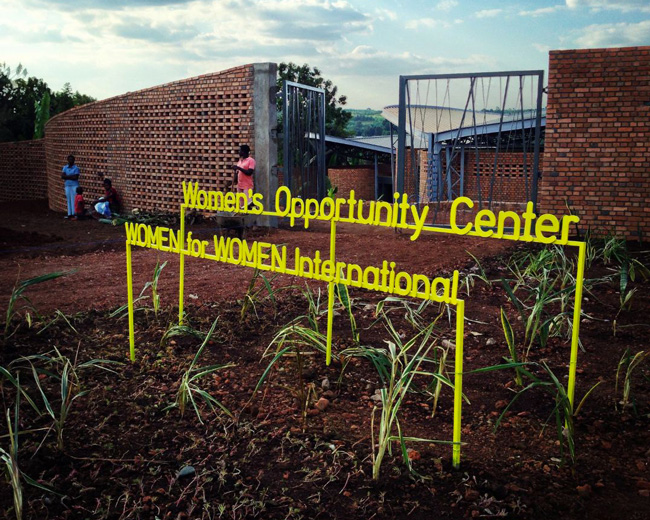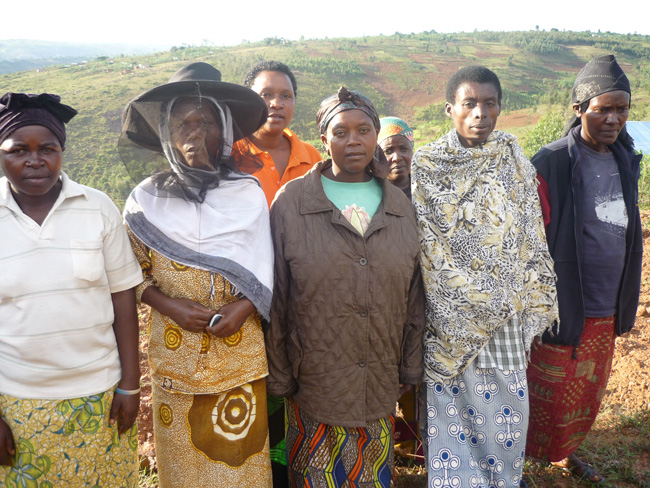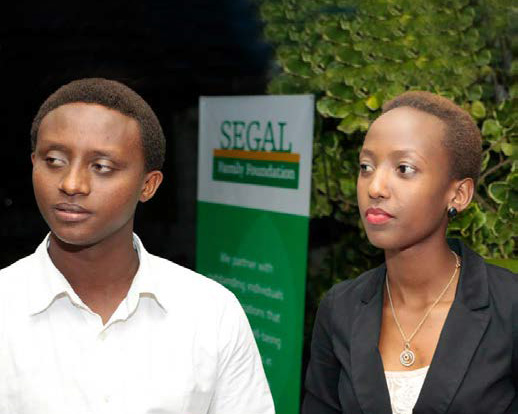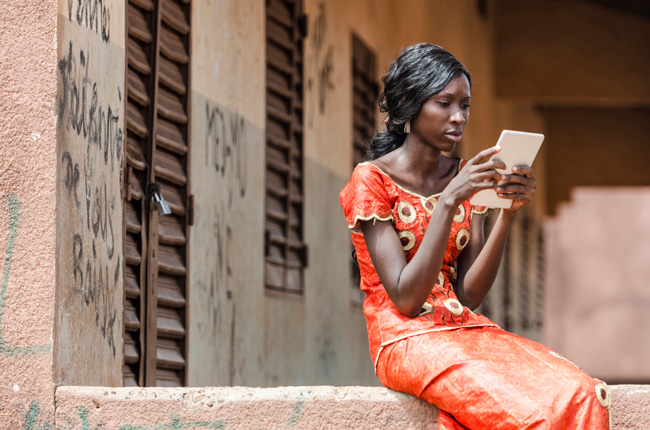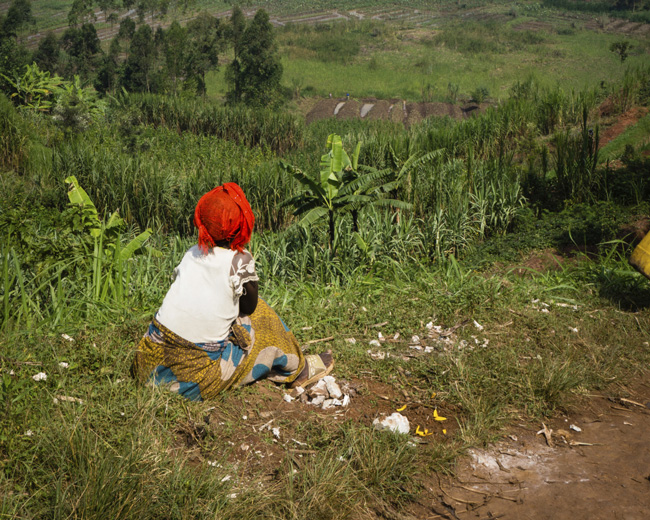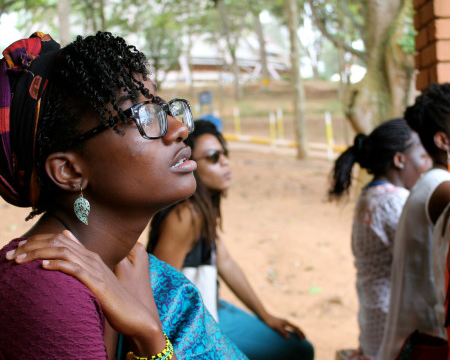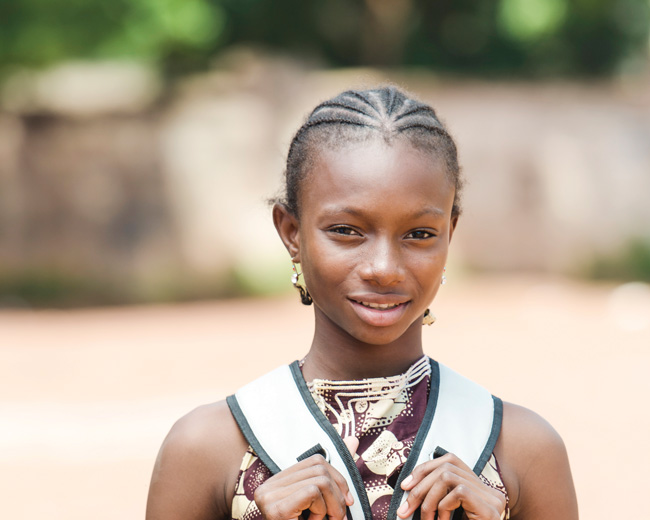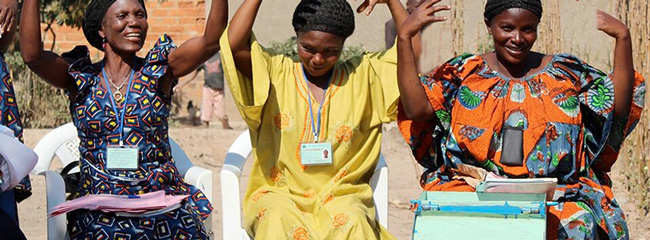Land Rights Mediation Takes Dramatic Approach American Jewish World Service Supports Using Theater to Find Balance Between Formal and Traditional Laws
Women in the Democratic Republic of Congo (DRC) traditionally don’t own land. Women are workers of the land, but the idea of a woman owning a piece of land while her husband, son, or brother are alive is still foreign in many Congolese communities. American Jewish World Service (AJWS), whose mission is to end poverty and promote human rights, has been working with Congolese women to understand and demand their rights and mediate land disputes, using a little creativity and community theater to avoid conflict.
AJWS—an international development organization that funds community-based organizations—has been supporting programs in the DRC since 2002 when it sent disaster relief after the eruption of the Mt. Nyiragongo volcano. Today, it works primarily in the eastern region of the country, which is affected by recurrent upsurges in violence, exacerbated by conflicts over land and mineral resources. After completing its disaster response, AJWS began to focus on the conflict and sought to address the root causes of insecurity and violence, particularly for women and girls. The issue of land ownership, which is a major source of conflict for vulnerable groups including women and indigenous people, became a focal point of its work.
“Land disputes have driven conflict and tension in the DRC, from rebel groups seizing land to display power to families disputing rightful land inheritance,” shares AJWS senior program officer Rosalie Nezien. AJWS realized that conflict-affected communities needed more than an understanding of their rights and the laws. They needed a way to discuss issues and resolve disagreements that avoided clashes. In country advisors positioned AJWS to identify a grantee partner able to tackle this deep-rooted issue. AJWS started funding Aide et Action pour la Paix (AAP)—French for “help and action for peace”—in 2009. AAP is a Congolese nonprofit organization working in the eastern North Kivu Province. The organization advocates for equitable access to land, especially for rural, vulnerable groups, and develops peaceful conflict resolution mechanisms to ensure a healthy environment for future generations. AAP has been present in North Kivu since 2006 and has deeply involved the community in its strategy and interventions.
Driven to push the bounds of creativity, engagement, and impact in its approach, AAP introduced theater as a tool for conflict mediation. The organization coaches selected community members to reenact interpersonal conflicts and issues they have witnessed locally. The organization then invites the wider community to watch neighbors and family members act out particular disputes. After viewing theatrical renditions of ongoing issues, AAP staff facilitate discussions about what happened and how it could be solved.
At the same time, other selected community members are educated about land rights and laws with a particular focus on women’s and indigenous peoples’ rights. These trained community members, referred to as paralegals, become key spokespeople during community debates following the theatrical renditions. “You have this vibrant mixture of adults and youth who collaborate to creatively recreate a situation,” Rosalie says, “who then speak out to find solutions alongside their peers and elders. The goal is for conversations, and any emerging resolutions, to be thoughtful, transparent, and community-driven.”
AAP has been able to resolve many land conflicts using this methodology. In doing so, poor families can avoid the costly court system in North Kivu’s capital, Goma. Rosalie says that often, land disputes happen simply due to lack of knowledge and awareness. “A widowed woman is likely to have her land taken by in-laws or other family members. But when the larger community is aware that this is neither just nor legal, and they support the woman, it is easier to look for a peaceful solution." AAP specifically involves young people both in the theatrical renditions and land rights educational components, with the aim of reducing the number of disputes in future generations.
Understanding laws and rights is still only half the battle. Despite the existence of laws that protect the rights of women and other vulnerable groups, these are not always upheld in the face of traditional land tenure. The Congolese constitution grants land ownership to women, yet both formal and customary laws discriminate against them. Under formal law, a woman needs her husband’s permission to purchase land; under customary law, women cannot purchase, inherit or sell land.
Rosalie explains how customary law often carries more weight than constitutional law in the DRC. “Being able to resolve an issue with the entire community is much more important than having a legal document that entitles you to a piece of land. A community member can go to a court and obtain a title, but if the wider community does not accept it, that will lead to problems and conflict.” AAP tries to resolve disputes within community systems and family hierarchies before leaning on the formal legal system, which is exactly the strategy that AJWS recognized as important to addressing the root causes of the land rights issues.
AJWS consciously seeks common ground and shared goals with grantees, rather than forcing a donorimposed agenda. It partners with grantees for an average of five years and aims for change that extends beyond just a local community. “When there is a big issue—like land rights—that is not going to be solved overnight, we tend partner for the long haul,” Rosalie says. “We look at an organization, its outcomes and goals, and if these align with AJWS’s vision, we believe in flexible funding that enables grantees’ strategic nimbleness and creativity in working toward those goals.”
AJWS has been supporting AAP for seven years. In addition to supporting project activities, AJWS worked with AAP to streamline operations and build capacity. AJWS helped strengthen AAP’s financial management and oversight and improve safety and security measures—including conducting risk assessments and prioritizing staff care. The flexible support allowed AAP to focus on its beneficiaries and find creative solutions to protect the rights of those who are most marginalized.
Years of working in land tenure and land rights have reinforced for AAP and AJWS that women are often marginalized in their own communities. “With deeper analysis, we ended up seeing that it is the way women are perceived within their families and communities,” Rosalie says. “If they are not seen as an equal to their brothers, uncles or others, then it seems normal to abuse them, and it is normal for them not to own land. That is why our strategy in the DRC involves working in land rights alongside civil and political rights. We need to empower women to know their rights so they can stand up against all types of violations.”
This case study was developed for Foundation Center's Equal Footing project.
